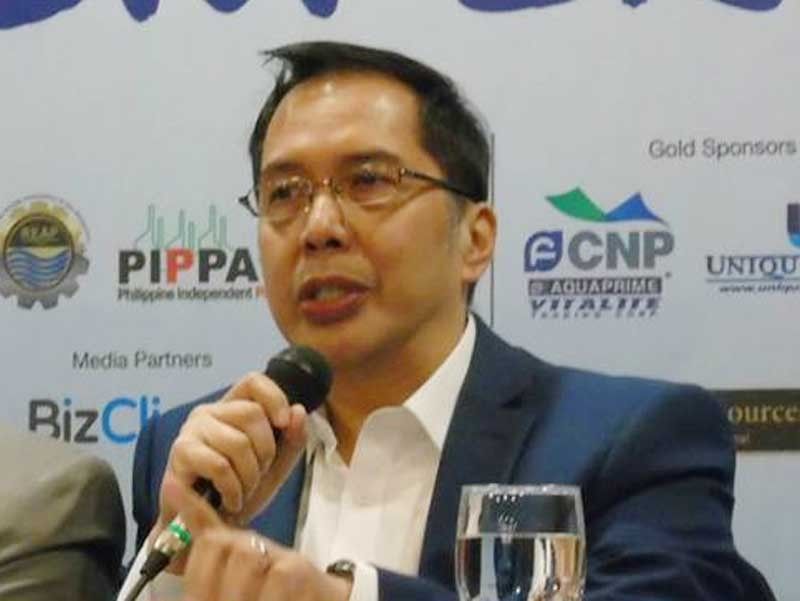Energy group seeks immediate passage of Energy Efficiency and Conservation Act

MANILA, Philippines — With the recent spike in electricity and oil prices, the Philippine Energy Efficiency Alliance (PE2) is seeking the passage of the Energy Efficiency & Conservation (EE&C) Act, which may temper the increase in prices.
PE2 president Alexander Ablaza said delays in the passage of the bill pushes back the effects of mandatory EE&C implementation, specifically dampening the rise in energy prices.
The bicameral conference committee has approved the EE&C Act and is in the process of transmitting the measure to the President for approval.
“Our energy market badly needs to arrest the business-as-usual escalation of electricity tariff and fossil fuel prices, and a further delay in the implementation of energy-saving projects, programs and investments will only serve to delay their decelerative effects on energy price increases,” Ablaza said.
He said a scaled-up energy efficiency program slows energy price escalations because of its ability to defer new capital expenditure requirements for energy infrastructure capacity upgrades from generation, transmission and distribution, and also reduce the forecasted rise in dependence on imported energy.
Ablaza also noted that every month of delay deprives the entire economy from benefiting optimally from the P37.8 trillion in energy savings estimated through 2040.
“This means that households, small businesses, buildings, industries, public facilities and other energy end-use sectors stand to collectively save less than P 37.8 trillion in avoided energy purchases between now and 2040 if the passage of the EE&C Act slips beyond this first quarter of 2019,” he said.
The Philippines has had no energy efficiency law for over 28 years, and is the last among the ASEAN nations to enforce EE&C through legislation and catalyze EE&C investments through fiscal incentives.
“The EE&C bill had a 28-year history of being refiled since the 8th Congress. The country cannot afford to prolong this delay,” Ablaza said.
Last month, the bicameral conference committee convened to reconcile the disagreeing provisions of Senate Bill 1531 and House Bill 8629 and approved the EE&C Act.
The bicameral committee agreed to re-anchor the fiscal incentives provision on existing Executive Order No. 226, otherwise known as the Omnibus Investments Code of 1987, as amended.
It, however, considered the last-minute recommendation of the Department of Finance (DOF) to reduce the period of mandatory inclusion of energy efficiency projects in the investment priorities plan of the Board of Investments from the House-proposed 15 years to an adjusted 10 years.
The Senate panel said this adjustment reflects a reasonable balance between the incentive rationalization objectives of DOF and the requirements of private investors.
- Latest
- Trending






























